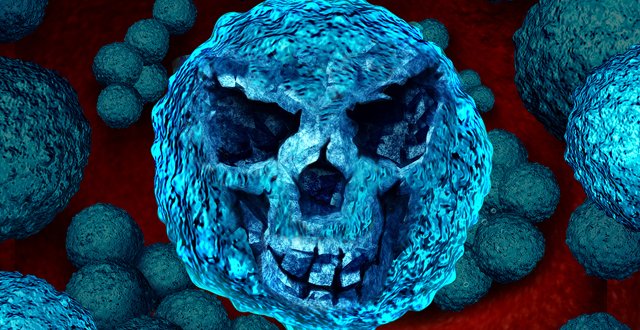Further screening resources required immediately to help combat carbapenemase-producing Enterobacteriaceae (CPE) have not yet been provided by the Department of Health for 2019, the Medical Independent (MI) understands.
At press time, the HSE and Department were due to discuss some additional funding. To date, MI understands the Department had committed to around €2 million for 2019, which represents the full-year costs of new posts agreed in 2018.
In June 2018, the HSE warned the Department that the National Lead for healthcare-associated infection (HCAI) and antimicrobial resistance (AMR) Prof Martin Cormican advised of an “urgent need to progress full implementation of guidance on CPE screening if we are to respond effectively to the CPE public health emergency”.
As part of the 2019 estimates process, the HSE sought resources to carry out the required level of screening, with €3.1 million requested for an additional 15 laboratory posts (€0.595 million) and laboratory supplies for testing (€2.5 million).
However, the requested funding for screening has not yet been provided. In June, the then HSE interim Director General Mr John Connaghan informed Chief Medical Officer Dr Tony Holohan that “the €2 million allocation is clearly not sufficient to cover the full costs of immediate implementation of the CPE Screening Guidelines”.
He wrote that Prof Cormican’s advised that “delay in implementing screening guidance materially increases the risk that CPE will become irreversibly endemic in our healthcare system”.
It is understood the HSE considers resources for screening, managing patients with CPE, infection prevention and control staff deficits, and healthcare infrastructure as the key elements of combatting CPE.
In January, The Irish Times reported that the Government had approved €20 million for a three-year plan to tackle CPE and quoted Minister for Health Simon Harris.
However, when contacted by MI, the Department did not confirm this funding. A spokesperson said it allocated dedicated funding in 2018 and work was underway to “prioritise work programmes and allocate funding for 2019”.
Speaking to MI on 23 February, Prof Cormican said some “very good progress” was made in 2018. However, he said “we will need to up the game quite a bit in 2019 and 2020 if we are actually going to try and put this back in the box”.
CPE was declared a public health emergency by Minister Harris in October 2017.













Leave a Reply
You must be logged in to post a comment.